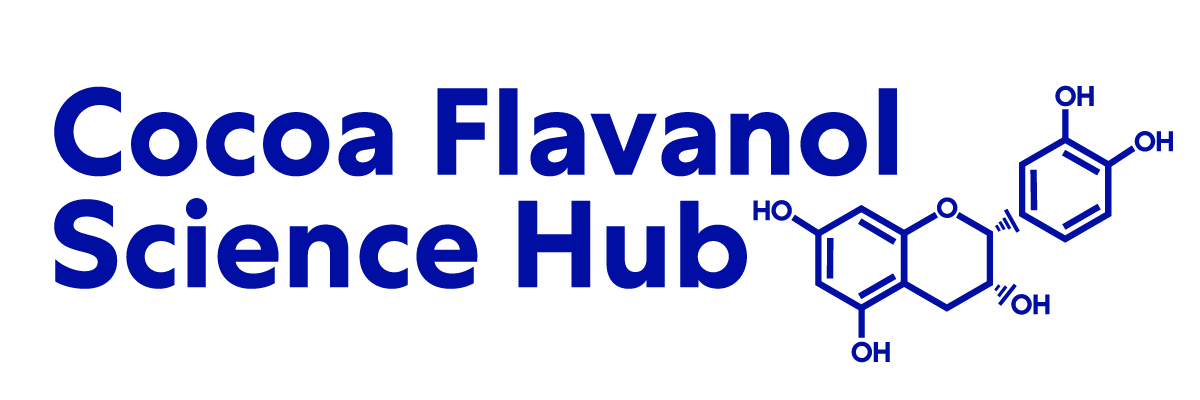Cocoa procyanidins are stable during gastric transit in humans.
BACKGROUND:
Polyphenolic procyanidins are abundant flavonoid polymers in Western diets. In vitro biological activity has been reported for these compounds, but activity in vivo depends on the amount and chemical nature of the flavonoids reaching the gastrointestinal tract. Degradation of procyanidinsunder simulated gastric conditions at pH 2.0 has been reported in vitro.
OBJECTIVE:
The objective was to examine whether depolymerization of procyanidins occurs in the stomach of human subjects in vivo.
DESIGN:
After an overnight fast, 6 healthy subjects (3 men and 3 women) consumed 500 mL of a cocoabeverage containing 733 mg procyanidin polymers and 351 mg structurally related flavanol monomers. With the use of a nasogastric tube, stomach contents were collected every 10 min after beverage ingestion until the stomach was emptied. Flavanols and procyanidins (up to pentamers) were quantified by normal and reversed-phase HPLC.
RESULTS:
In all subjects, gastric transit lasted approximately 50-60 min. No change in the HPLC profile ofprocyanidins was observed during this period, showing that procyanidins were remarkably stable in the stomach environment.
CONCLUSION:
The results suggest that most ingested procyanidins reach the small intestine intact and are available for absorption or metabolism.
See the Full Study > (opens in a new tab)









